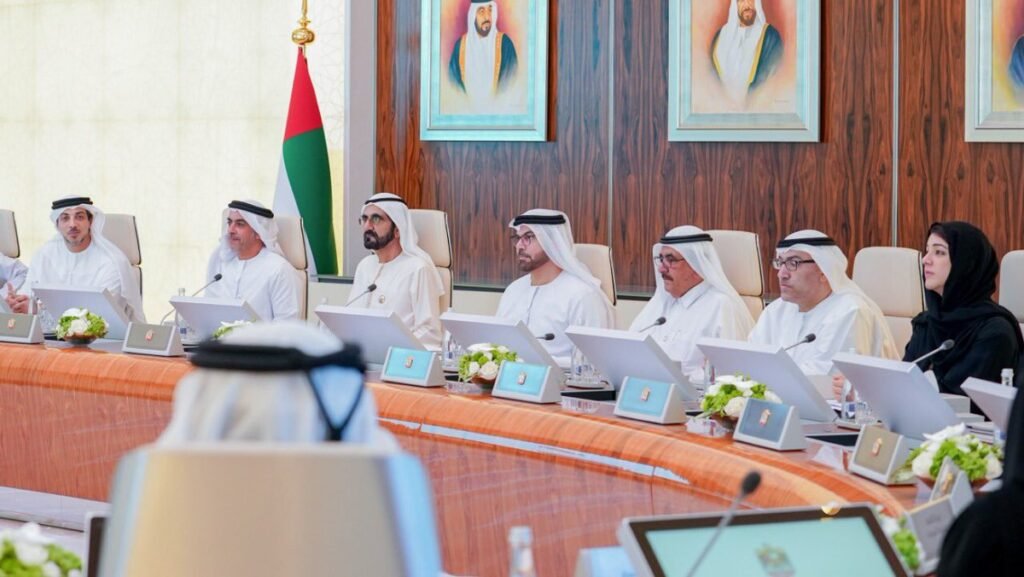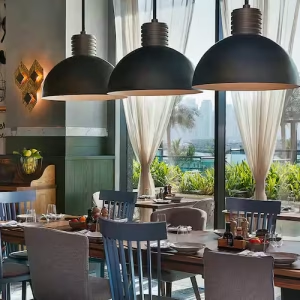The United Arab Emirates (UAE) has established itself as a beacon of political stability and progressive governance in the Middle East. Its unique system of governance, characterized by a blend of tradition and modernity, has enabled the nation to achieve remarkable growth while maintaining cultural heritage and societal harmony. As a federation of seven emirates, the UAE’s political structure is both innovative and deeply rooted in its history, making it a distinctive model in the global political landscape.
The Federal System of Governance
The UAE’s political system is a federal framework comprising seven emirates: Abu Dhabi, Dubai, Sharjah, Ajman, Umm Al Quwain, Fujairah, and Ras Al Khaimah. Each emirate retains a significant degree of autonomy, governed by its respective ruler, who plays a key role in shaping local policies and decisions. The federal government, headquartered in Abu Dhabi, oversees national matters, including foreign policy, defense, and federal laws.
Supreme Council of Rulers
At the heart of the UAE’s governance is the Supreme Council of Rulers, which consists of the rulers of the seven emirates. This council is the highest constitutional authority and is responsible for electing the president and vice president of the UAE. The president, traditionally the ruler of Abu Dhabi, and the vice president, typically the ruler of Dubai, play pivotal roles in guiding the nation’s vision and policies.

The Council of Ministers
The UAE’s Council of Ministers, or Cabinet, functions as the executive authority of the federation. Led by the Prime Minister, the Cabinet is responsible for implementing federal laws, developing national policies, and overseeing government operations. This body reflects the UAE’s commitment to efficiency and innovation in governance, with ministries focusing on areas such as artificial intelligence, climate change, and happiness.
Visionary Leadership Driving National Progress
The UAE’s success can largely be attributed to its visionary leadership, which has prioritized long-term planning and sustainable development. Leaders such as the late Sheikh Zayed bin Sultan Al Nahyan, the founding father of the UAE, and his successors have laid the foundation for a progressive, inclusive, and forward-thinking nation.
National Strategies and Vision
The UAE’s leadership has launched several ambitious strategies aimed at positioning the country as a global leader in various fields:
- UAE Vision 2021: This national agenda focuses on transforming the UAE into one of the best countries in the world by enhancing education, healthcare, economy, and environment.
- UAE Centennial 2071: A long-term vision to prepare the nation for the next 50 years, emphasizing innovation, sustainability, and global competitiveness.
These strategies reflect the UAE’s commitment to continuous improvement and its aspiration to remain at the forefront of global development.
Governance Rooted in Cultural Values
While the UAE embraces modernity, its governance remains deeply rooted in Emirati cultural and Islamic values. The leadership places great emphasis on preserving traditions, promoting tolerance, and ensuring social cohesion.
Promoting Tolerance and Inclusivity
The UAE is recognized globally for its efforts to promote tolerance and coexistence. In 2019, the nation declared it the Year of Tolerance, underscoring its commitment to fostering understanding and harmony among its diverse population. The Abrahamic Family House, an interfaith complex in Abu Dhabi, exemplifies the UAE’s dedication to interfaith dialogue and peaceful coexistence.
Empowering Women in Governance
The UAE has made significant strides in empowering women in politics and governance. Women hold key positions in the Cabinet, Federal National Council (FNC), and various government sectors. Initiatives like the Gender Balance Council aim to enhance women’s participation in all aspects of national development.
The Federal National Council: A Voice for the People
The UAE’s Federal National Council (FNC) serves as a consultative parliamentary body, providing a platform for citizens to voice their opinions on national matters. Comprising 40 members, half of whom are elected by an electoral college, the FNC plays an advisory role, reviewing legislation and discussing key issues affecting the nation.
The introduction of partial elections in 2006 marked a significant step toward political participation, reflecting the UAE’s gradual approach to democratic practices while maintaining stability.
Foreign Policy and Diplomacy
The UAE’s governance extends to its proactive and principled foreign policy, which is centered on peace, diplomacy, and international cooperation. The nation has emerged as a key player on the global stage, mediating conflicts, providing humanitarian aid, and fostering economic partnerships.
Strengthening Global Alliances
The UAE’s foreign policy focuses on building strong alliances with countries worldwide. Its active participation in international organizations, such as the United Nations, and its partnerships in economic and security initiatives underscore its commitment to global stability and prosperity.
Humanitarian Efforts
The UAE is one of the world’s largest donors of humanitarian aid, providing assistance to countries affected by conflict, natural disasters, and poverty. Initiatives like the UAE Water Aid Foundation (Suqia) and the Emirates Red Crescent reflect the nation’s dedication to alleviating global suffering.
Innovations in Governance
The UAE is renowned for integrating innovation and technology into its governance framework, setting a global benchmark for smart government practices. From e-government services to artificial intelligence-driven initiatives, the UAE is transforming the way governments operate.
Smart Dubai and Digital Transformation
The Smart Dubai initiative aims to make Dubai the happiest and smartest city in the world by leveraging technology to enhance government services. The UAE’s adoption of blockchain technology for secure transactions and its focus on digital identity systems highlight its commitment to efficiency and transparency.
Artificial Intelligence in Governance
The UAE was the first country to appoint a Minister of State for Artificial Intelligence, signaling its dedication to leveraging AI for governance and development. AI is being utilized in areas such as traffic management, healthcare, and public safety, ensuring a more efficient and responsive government.
Challenges and the Path Forward
While the UAE has made remarkable progress, it continues to address challenges such as rapid urbanization, resource management, and the integration of a diverse population. The nation’s leaders are focused on striking a balance between modernization and sustainability, ensuring that future generations inherit a prosperous and harmonious society.
Conclusion
The UAE’s politics and governance stand as a testament to visionary leadership, innovative policies, and a commitment to the well-being of its people. By blending tradition with modernity, the UAE has created a governance model that prioritizes stability, inclusivity, and progress. As the nation continues to evolve, its focus on long-term planning, cultural values, and global cooperation ensures that it remains a beacon of excellence in the region and the world.
Do follow Uae stories for more Updates
Gulfood 2025: The Global Food Industry Comes Together at Dubai World Trade Centre – February 17-21













